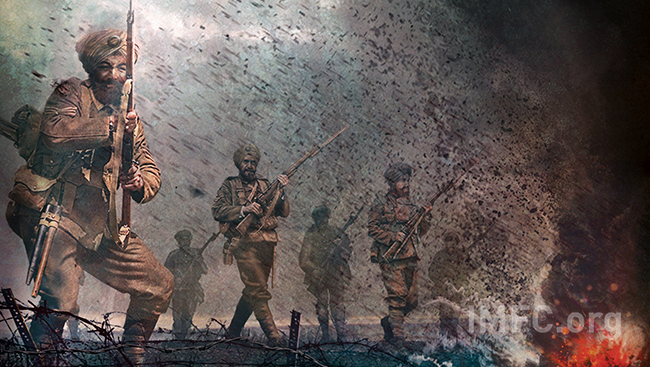Industry experts weigh in on the recent implementation of Canada’s new mortgage rules
The beginning of the year brought about expected change in the mortgage industry. As of January 1, 2018, Canadians looking to get a mortgage will have to do so under tighter guidelines. Home buyers with a down payment of 20 per cent or more will now be subject to a stress test ensuring they will be able to afford their mortgage payment if interest rates increase. The test will use the Bank of Canada’s five year benchmark rate or the customers’ contractual rate plus two per cent.
“With the new rules, a client will need to qualify at a much higher rate and, due to that, their buying capacity will go down as they won’t qualify for the same amount which they could have under the previous guidelines,” explains Varun Chaudhry, co-founder of Kraft Mortgages Canada Inc.
So how will this affect home sales? “I see the demand for townhomes and condos going up as it will get more difficult for people to qualify for the single family homes,” says Chaudhry.
Rahul Gill, CEO of Gilco Real Estate Services, agreed that the new rules would bring about change. “Because buyers can’t qualify for nearly as high of an amount (analyst have said on average 20 per cent less), it may mean that sellers might not want to move up just yet either, which means [fewer] properties on the market to choose from.”
Gill says buyers will be able to afford less than they could in 2017. “If interest rates rose another 2%, how would this affect the amount of home you could purchase?” he asks. “Obviously, you would be on a bit of a tighter budget. First-time homebuyers are the most price conscious buyers, typically with a smaller down payment and this new stress test [it] will effectively lower their buying power the most.”
"First-time homebuyers are the most price conscious buyers, typically with a smaller down payment and this new stress test [it] will effectively lower their buying power the most." says Rahul Gill, CEO of Gilco Real Estate Services.
The new rules may force Canadian home buyers to tighten their belts in order to prove their financial stability for the long run but that doesn’t mean it won’t be beneficial to some. “The prices of more expensive homes might go down as the demand for those houses will go down which will drive the prices down as well,” says Chaudhry.
Gill believed there were some positives as well, stating that investors may be able to reap the benefits if buyers are forced out of the market. “Less buyers + less bidding wars = more opportunities for us to actually get deals again! And not even deals, just purchases based on sound financial principles. Emotions should start to leave the negotiating tables, which is great for us investors!”
"With the new rules, a client will need to qualify at a much higher rate and, due to that, their buying capacity will go down as they won’t qualify for the same amount which they could have under the previous guidelines,” explains Varun Chaudhry, co-founder of Kraft Mortgages Canada Inc.
While it could be good news for investors, not all will qualify for a mortgage under the new rules. However, there are other options when it comes to lenders, according to Chaudhry, who notes a client would “have to pay a higher rate of interest and also lending fees but they will still be able to buy the properties for investment purposes.”
The new rules won’t affect everyone but for those considering making a home purchase or renewing or refinancing their mortgage, extra consideration will have to be given to just how much one can afford. A move in the making for many years may seem limiting to those hoping to enter the housing market but aims only to limit the amount of debt that Canadians take on.








